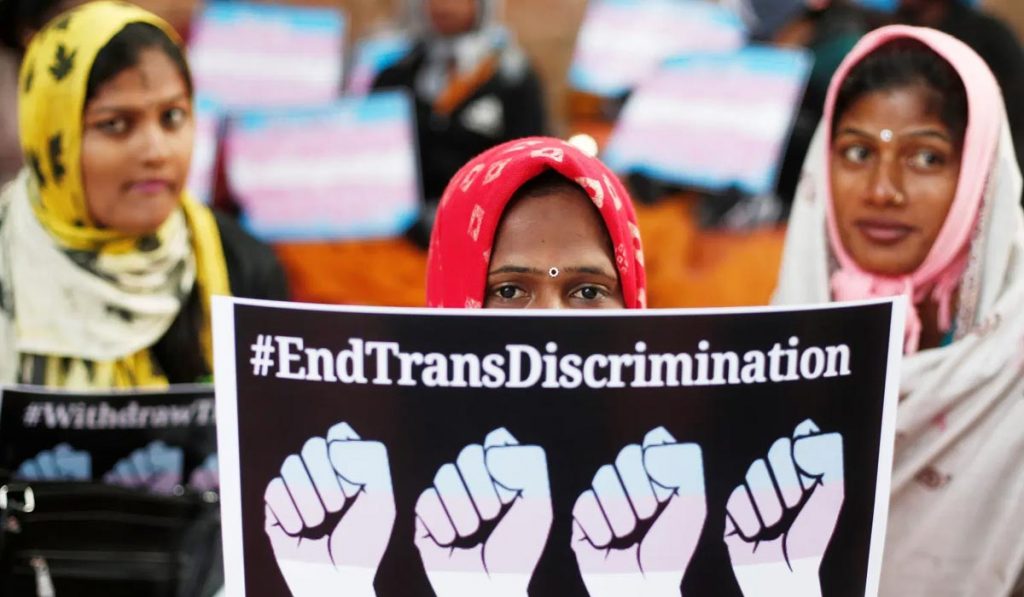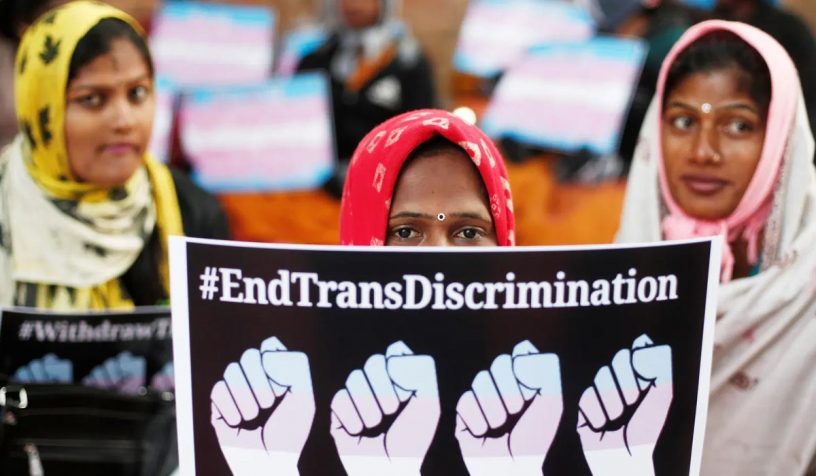
The article argues for the incorporation of temporal pluralism into the law that would allow courts to hear gender diverse litigant accounts premised on contemporary gender diversity beyond the gender binary paradigm of judicial discourse.
Authors:
Dipika Jain, Professor & Vice Dean and Executive Director- Centre for Health, Jindal Global Law School, O. P. Jindal Global University.
Kimberly M. Rhoten, Centre for Health Law, Ethics and Technology, Jindal Global Law School, O. P. Jindal Global University, Sonipat, Haryana, India.
Summary:
This article examines how efforts at legal legibility acquisition by gender diverse litigants result in problematic (e.g., narratives counter to self-identity) and, at times, erroneous discourses on sex and gender that homogenize the litigants themselves. When gender diverse persons approach the court with a rights claim, the narrative they present must necessarily limit itself to a normative discourse that the court may understand and, therefore, engage with. Consequently, the everyday lived experiences of gender diverse persons are often deliberately erased from the narrative as litigants mould themselves into the pre-existing normative legal categories of gender and sex. As a result of such mechanisms, the article finds that gender diverse litigants face epistemic injustice in the courts as their legal legibility is constructed within a constraining gender binary paradigm of judicial discourse.
The article explores the trajectory of transgender rights in India, through an analysis of case law prior to and post the landmark NALSA decision, to understand how the approach to transgender rights and identities has been shaped by and shapes, in turn, normative conceptions of gender. The article argues for the incorporation of temporal pluralism into the law that would allow courts to hear gender diverse litigant accounts premised on contemporary gender diversity beyond the binary (rather than incontestable prior understandings based in past precedent), which would better account for such social injustices.
Published in: Journal of Human Values
To read the full article, please click here


